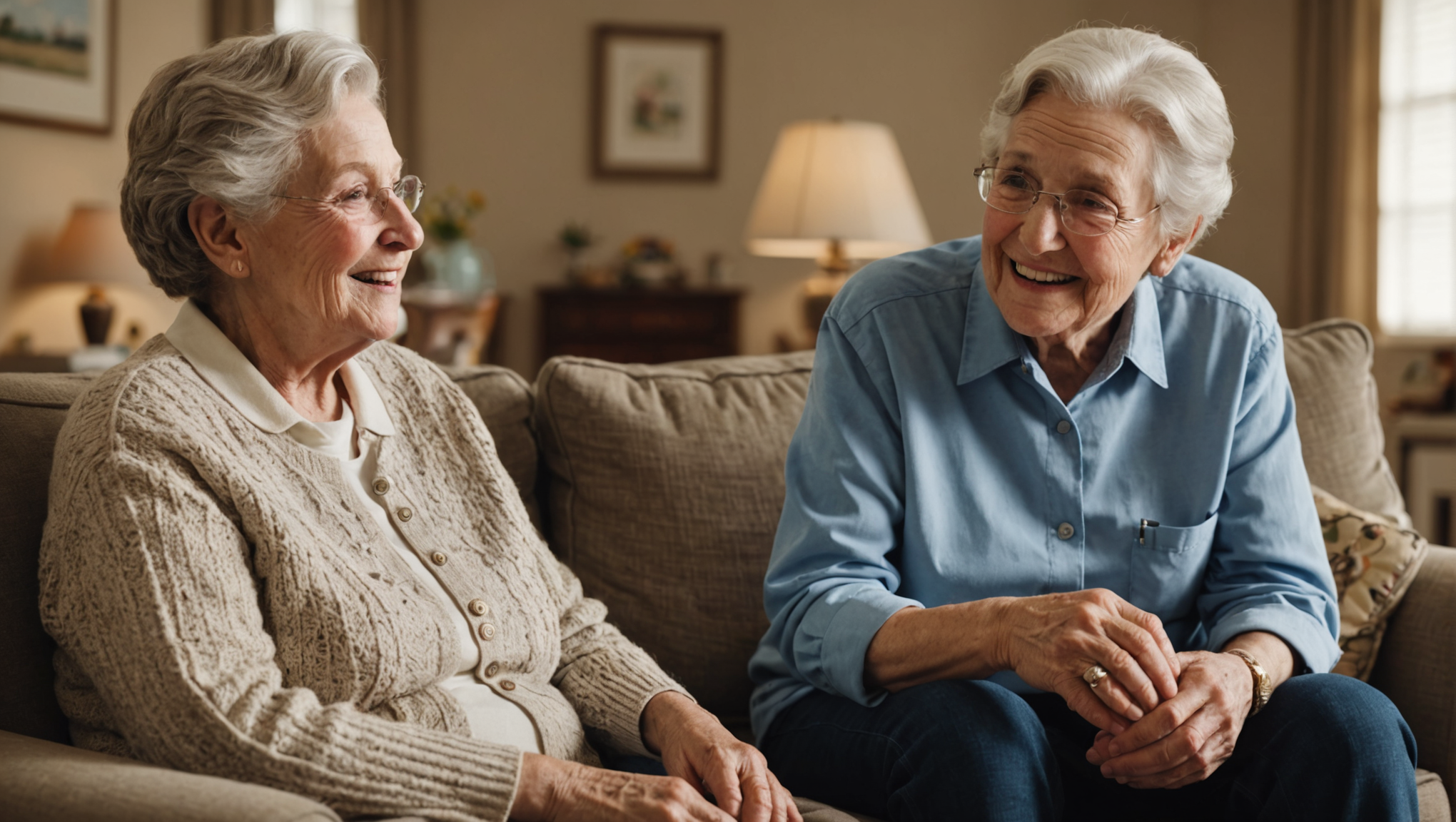Supporting the elderly represents a major societal challenge, reflecting the respect and dignity that we owe to our elders. As the population ages, the need to provide adequate care is becoming more pressing, both for the physical and psychological well-being of this population. THE geriatric care encompass a multitude of aspects, ranging from the management of chronic diseases to improving the quality of life at home.
It is crucial to understand the specific needs seniors, who are often faced with a loss of autonomy and varied health challenges. Accessing this care appropriately can prevent unwanted institutional placements, while allowing loved ones to play an active role in this. support. The health of seniors is not limited to a medical response; it also requires a support network, ranging from home care to community interventions. Celebrate the value of the elderly and recognizing their place in our society is an integral part of the mission of health professionals and families.
Elderly care is of crucial importance in our modern societies. As the world’s population continues to age, it becomes imperative to recognize the challenges associated with this age group. In 2023, more than 1.4 billion people worldwide will be 60 years or older, and this figure is expected to reach 2.1 billion by 2050 according to the World Health Organization (WHO). Such demographic aging highlights the need for an adapted care framework, which respects the dignity and needs of seniors.
Table des matières
ToggleHealth challenges for older people
Aging often comes with unique health challenges. Around 75% of people over the age of 65 have a chronic illness, such as hypertension, diabetes or Alzheimer’s disease. These conditions require sustained medical attention and proper care. According to a study by the National Institute of Health and Medical Research (Inserm), better management of chronic diseases among seniors can reduce their hospitalization by 30%. This highlights the importance of regular monitoring.
In addition, hospitalization of an elderly person can lead to severe complications. A study of MSD Manual revealed that 30% of hospitalized elderly people may experience a loss of autonomy post-hospitalization, while appropriate geriatric care could mitigate these effects. It is therefore essential to develop adapted structures, such as geriatric emergency services, which take into account the specificities of this fragile population.
Strategies to improve care for older people
To improve care for older people, it is crucial to incorporate practical strategies that take their unique needs into account. First of all, a preventive approach must be integrated into care. Awareness-raising actions aimed at promoting a healthy lifestyle are essential to prevent loss of autonomy and avoid disorientation. Regular screening programs could also help identify health problems among seniors early.
At the same time, home care can play a key role. Data shows that around 90% of older people prefer to stay at home as long as possible. The intervention of private nurses to provide home care not only meets medical needs, but also provides essential psychological support. This encourages autonomy and improves patients’ quality of life.
It is also important to encourage families to take a more active role in care. Family caregivers are often on the front line, and their well-being must be supported. Establishing support groups for these caregivers would make it possible to share experiences, practical advice and reduce the stress associated with these responsibilities. According to one study, caregivers who participate in such groups report better quality of life and reduced burnout.
Finally, technology offers innovative perspectives for improving healthcare services. E-health initiatives allow remote monitoring of patients, thus facilitating the early detection of health problems. For example, telecare devices can allow medical staff to stay in constant contact with seniors, reducing the need for frequent hospitalizations.
Institutions can also take advantage of intergenerational activities that promote social connections between young and old, such as shared gardens or creative workshops. This contributes to better mental well-being and a reduction in social isolation, a major issue for many seniors living at home.
In short, it is fundamental to build a care ecosystem that is committed to meeting the needs of older people. The challenges are numerous, but with adapted strategies and valorization of resources, it is possible to significantly improve their quality of life and guarantee appropriate and dignified care.

✨ Le besoin de soins aux personnes âgées à Blackville, près de chez soi
— Susan Holt (@susanholt) July 18, 2024
🏥 Besoin d'accès aux soins de santé et problèmes avec la clinique locale
🤝 Plus de services pour les personnes âgées pic.twitter.com/rJTn5hYTf2








